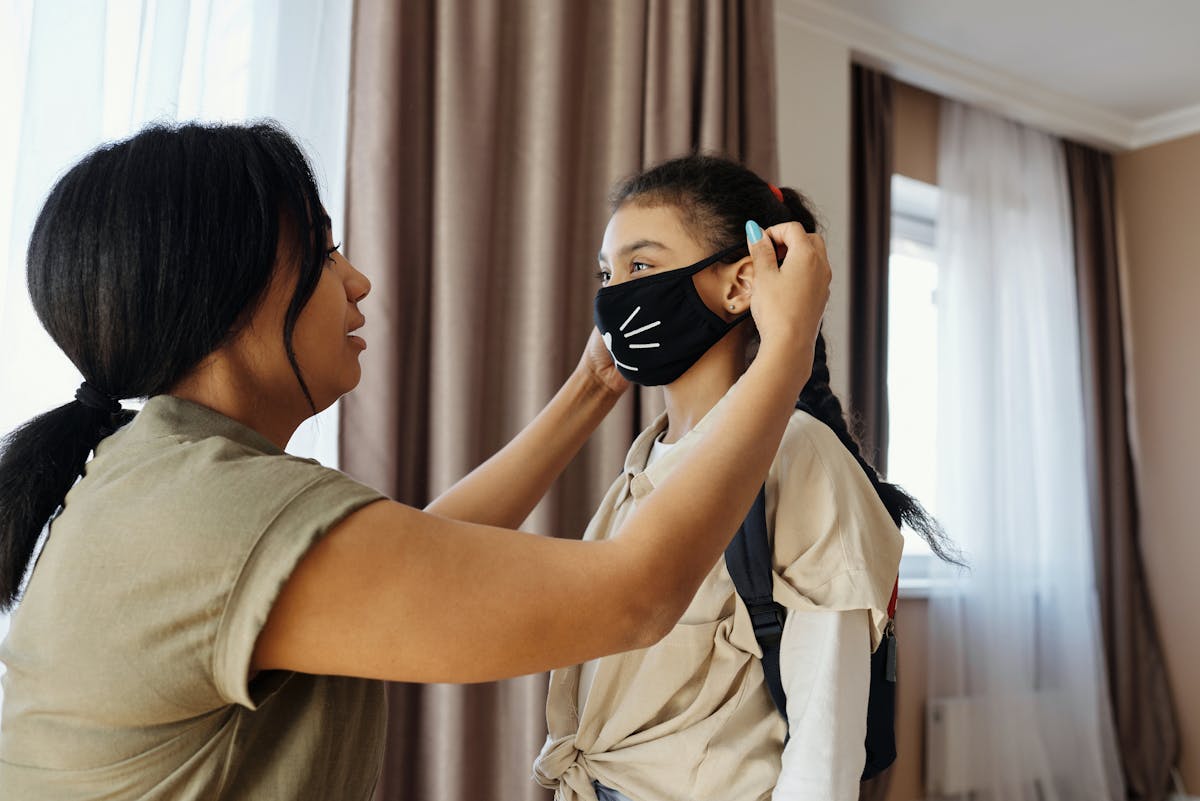5 Steps to Take to Stay Safe During Poor Air Quality
 by Aarti Agarwal, MD
by Aarti Agarwal, MD
Millions of Americans, especially in the Northeast are facing poor air quality right now due to wildfire smoke coming from eastern forests of Canada. If you’re in New York, you’ve likely seen the orange haze or smelled the smoky air.
Check out these tips from Juno’s Chief Health Officer, Aarti Agarwal, MD, on what steps to take to keep you and your family as safe as possible.
Why air quality matters
When air quality is poor, it is important to take steps to protect yourself and your family. Poor or hazardous air quality can be a major health hazard for everyone. It is especially dangerous for children, the elderly and anyone with chronic cardiac or respiratory conditions such as congestive heart failure, asthma or COPD.
Wildfire smoke is unsafe to breathe because it contains harmful pollutants, such as particulate matter (PM), ozone (O3), and carbon monoxide (CO). These pollutants can irritate the eyes, nose, and throat, and can worsen respiratory conditions such as asthma and COPD.
The air quality index (AQI) is a measure of how polluted the air is. Wildfire smoke fills the air with PM 2.5, which refers to particles of 2.5 microns or smaller. These can be inhaled deeply into the lungs and even enter the bloodstream. An AQI of 150 or higher is considered unhealthy for everyone, and an AQI of 300 or higher is considered hazardous to all.
Here are five steps you can take to keep you and your family as safe as possible:
Stay indoors if you can. The best way to avoid exposure to air pollution or wildfire smoke is to stay indoors. If you must go outside, try to limit your time outdoors and avoid strenuous activity.
Wear a mask. If you must go outside, wear a mask that can filter out pollutants. N95 masks are the most effective at filtering out pollutants. If you cannot find an N95 mask, a surgical mask will provide some protection.
Close your windows and doors. When you are indoors, close your windows and doors to keep polluted air out. If you have centralized air, turn it on to help filter the air. If you have window units, you should leave them off to avoid bringing outside air in.
Use an air purifier. An air purifier can help to remove pollutants from the air in your home. If you do not have an air purifier, you can make a DIY air purifier by placing a HEPA filter in a box fan.
Stay hydrated. When you are exposed to wildfire smoke, it is important to stay hydrated. Drink plenty of fluids, such as water, juice, or tea.
By following these tips, you can help to protect yourself and your family from the harmful effects of poor air quality.
Additional Tips for People with Respiratory Conditions
If you have a respiratory condition such as asthma or COPD, it is especially important to take additional steps to protect yourself from poor air quality. Here are some additional tips for people with respiratory conditions:
Take your medications as prescribed. Make sure to take your medications as prescribed, especially if you are experiencing symptoms such as wheezing, coughing, or shortness of breath.
Check the air quality index (AQI) for your area. The AQI is a measure of how polluted the air is. When the AQI is high, it is important to take extra precautions to protect yourself from wildfire smoke. The single best site to use is https://www.airnow.gov/ but there are several other crowdsourced sites that provide air quality sensor readings in real-time.
Be aware of the signs and symptoms of smoke inhalation. These symptoms include coughing, wheezing, shortness of breath, and chest pain. If you experience any of these symptoms, seek medical attention.
See your doctor. If you are experiencing worsening symptoms, see your doctor. They may be able to prescribe additional medications or recommend other ways to manage your symptoms.
Need more help?
If you are having difficulty breathing or worsening symptoms, contact your doctor or visit your local emergency room.